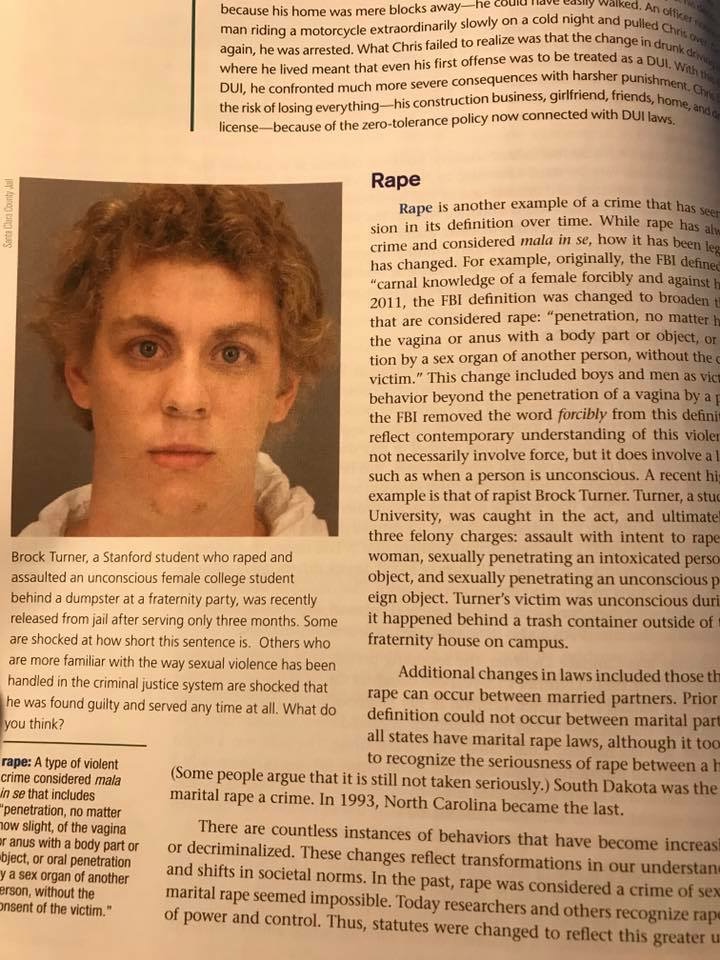Propaganda is something that everyone experiences on a daily basis. This blog post is going to explore some of the propaganda that I have experienced in the past week. I will discuss how it affected me and also how it relates back to some of the class readings we have had so far in COM416. Let’s get started!
Entertainment
Over the past weekend I finished watching the Netflix series Narcos, which is a show about drug trafficking in Columbia around the time of Pablo Escobar. This show could be considered propaganda because it focuses on how a successful yet illegal business will always fail in the end. The show tries to convince the audience that drug trafficking is bad and if you partake in it, you will end up dead or in jail for a very long time.
America has for a very long time tried to express, especially to young people, that cocaine and similar drugs are very bad for you, and this show goes to the core of that. Interestingly, it is situated in the time when the War on Drugs began, and it could be argued that this war is still taking place today. With the opioid epidemic that is occurring today, this show encompasses a lot of the same values being stressed today. It makes sense that entertainment would reflect the values that people hold regarding hard drugs being very bad for your health and general well being. Relating back to the reading, this could also be considered agitprop, because it “is designed to provoke the audience to take a particular action” (Jack, 2017). The entertainment business, and Narcos in particular, are trying to spread good propaganda in saying that being involved with dangerous drugs in any way will affect you in a poor way.

Advertising
One of the forms of propaganda that I encountered this week was a campaign to end smoking. This campaign focuses mainly on millennials because the advertisements are aired mainly on MTV, a known young adult channel. The commercial uses the tagline “be the generation that ends smoking”, which sounds great and all, but can be seen as propaganda. You can check out one of the organizations many commercials by clicking here. The reason that I see this type of advertising as propaganda is because even though it is beneficial for my generation to end smoking, it is encouraging young people to do so because everyone else their age is doing it to. The organization that makes these ads is trying to project their message to a very specific group of people, and even though their message is beneficial to society, it is an interesting way to spread it to say the least. The organization is not saying that everyone should stop smoking because it is harmful to the body, it is focusing on peer pressure and relying on the fact that people will start to accept the fact that smoking isn’t cool anymore. Although this form of propaganda could be beneficial to society, I think the organization running these adds is going about it in the wrong way.
News
Most news today can be considered propaganda because most major outlets are incredibly biased and partisan these days. News media was created to inform the people of what is happening in the world in a factual way, but it has turned into something completely different. The reason why this can be considered propaganda is that the stations, newspapers, etc are trying to change your opinion now instead of just sharing with the viewer or reader what is happening in a factual manner.
Politics and Government
To me one of the biggest forms of propaganda is the government in general, especially with Donald Trump being in office. Just this past week, Trump tweeted several times about needing to cut down on the amount of people that America lets cross its boarders and live within the country. These were posted on his personal Twitter account, so I would not consider that propaganda, because even though I don’t agree with his beliefs, he is entitled to them. What I do consider propaganda, is when Trump retweets his own beliefs on immigration from his personal account on the @POTUS account, which is followed by over 20 million people. The president is using his political power to push his own beliefs onto the people who follow him, and trying to persuade them to think the same way that he does. He often insults those who do not agree with him via Twitter, which goes to show how blatant he is in trying to spread his propaganda over the internet. The issue that I have with Trump using social media to spread his own agenda is that it could lead to gaslighting. People may become so used to seeing his ideals all over their news feeds and such, that they don’t trust their own judgements (Jack, 2017). Some people may have trouble seeing that this could be an issue in the future, but it is the reality of the world that we live in today.
Education
When thinking of propaganda in education, my mind immediately went to a post on Facebook that recently went viral. A girl posted a picture of her textbook and next to the definition of the word ‘rape’ was a picture of Brock Turner. Turner was involved in an extremely controversial case at Stanford in which he was convicted of rape but was sentenced to just a few months in jail and was even released early. The reason that this is propaganda is that the textbook company is trying to spread its belief that even though Turner was allowed to walk away from the incident without very much punishment, he will always be known as a rapist. Although most people would agree with the textbook companies stance, it is putting its own beliefs on the subject into an academic book. Students will learn in class who Brock Turner is, when they may not have if the company did not push its agenda and try to change people opinion through the use of their book.

Activism and Advocacy
A huge event that has been happening for some time now regarding activism and propaganda is the story surrounding NFL quarterback Colin Kaepernick. For those who don’t know, Kaepernick is an activist for equal rights who is being blackmailed into unemployment by NFL teams refusing to sign him, even though he is a good football player. The propaganda surrounding this issue has to do with the spreading of information that Kaepernick was protesting the national anthem because he does not support the military, which plainly was not true, or misinformation according to the reading. NFL teams are using the excuse that fans won’t want go to games because they will combat Kaepernick, when in reality they are just scared of the media attention he will bring. Instead of using the media to spread good propaganda about the racial injustices around the country, teams that won’t sign him are giving in to the bad and untrue propaganda that Kaepernick does not support the military. Here is an article written by another great activist and former athlete, Kareem Abdul-Jabar, explaining what originally happened and how the American people have been affected by similar acts of propaganda in past history: https://www.washingtonpost.com/posteverything/wp/2016/08/30/insulting-colin-kaepernick-says-more-about-our-patriotism-than-his/?utm_term=.a4a3ced1ce8e
Works Cited
Jack, C. (2017). Lexicon of Lies: Terms for Problematic Information. Retrieved September 18, 2017, from https://datasociety.net/pubs/oh/DataAndSociety_LexiconofLies.pdf
Abdul-Jabbar, K. (2016, August 30). Abdul-Jabbar: Insulting Colin Kaepernick says more about our patriotism than his. Retrieved September 18, 2017, from https://www.washingtonpost.com/posteverything/wp/2016/08/30/insulting-colin-kaepernick-says-more-about-our-patriotism-than-his/?utm_term=.a4a3ced1ce8e
truthorange. (2016, August 25). #FinishIT | Smoking Gap | truth. Retrieved September 18, 2017, from https://www.youtube.com/watch?v=_182kIOPRvo




